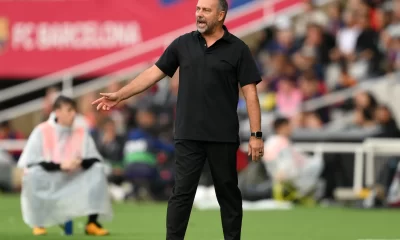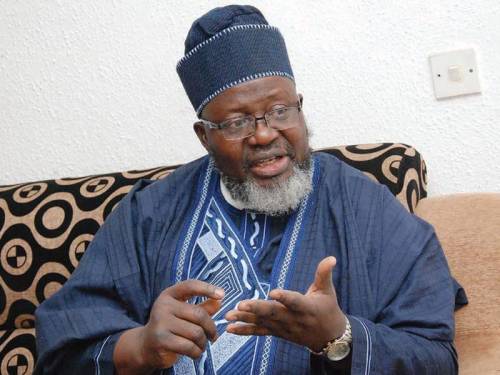Minister of Communications Adebayo Shittu, says the federal government will ensure free access to the internet in public places across Nigeria.
Mr Shittu said this in Abuja at a one-day stakeholders workshop on the role of the Public Internet Access for Economic Development.
“We are trying to ensure the vision of free Wi-Fi all over, particularly in public spaces, at the airport, schools and all that,” Mr Shittu said on Tuesday.
Mr. Shittu said the government had been trying to ensure that internet accessibility is made available not just for privileged Nigerians but everyone.
“The Federal Ministry of Communication will ensure the privacy of beneficiaries of the free internet services is protected,” he said.
He said for this to be a reality, more investments are needed because the government alone cannot handle the financial responsibilities involved.
Mr. Shittu listed some of the challenges faced by the government in providing free internet services to include high cost of access, low broadband penetration, poor internet infrastructure, and poor enabling environment.
“The solutions to these challenges are beyond government’s intervention,” he said.
“In order to bridge the existing digital divide and encourage more Nigerians to participate in the global digital economy, private organisations and international partners are encouraged to support the government in different strategic ways.
“One of the models being adopted recently is the provision of free internet access by Public Internet Access Providers (PIAPs) in strategic locations to help more Nigerians connect to the internet in pursuit of social and developmental objectives for a return on investment (ROI) through advertisement or other means.
“This is expected to fuel some changes especially in creating jobs and help local SMEs compete with global brands.”
Recently, it was reported that Google Nigeria announced its plans to reach more than 10 million Nigerians with free Internet access in five cities.
According to the global content provider, the Wi-Fi will be available in 200 Google stations in Lagos, Kaduna, Port Harcourt, Ibadan, and Abuja by 2019.
The communications minister noted that the security of users is very important to the government even though it is an unregulated medium.
“However, it is an unregulated medium, and users should be aware of this. The security of the user both personally and in the transmission of information is of paramount importance to the government,” he said.
According to him, the National Information Technology Development Agency (NITDA), as the National IT regulator, came up with the Framework and Guidelines on the provision and use of Public Internet Access in Nigeria.
NITDA issued the framework and guidelines for Public Internet Access (PIA) in 2018.
Also speaking at the workshop, the Managing Director of Backbone Community Network (BCN), Ibrahim Dikko, said the resolution of providing free internet is to transform the economy in Nigeria.
He said the organisation was partnering with Google to ensure that high-quality access is given to people in Nigeria.
“The key thing is to provide high-quality access to people in public places,” he said
“We have five sites in Abuja, we plan to have 64 sites in Abuja, Kaduna, Zaria and Kano, and we are looking forward to spreading it across the North,” he said.
On her part, the Public Policy and Government Relations Officer for Google, Titi Akinsanmi, said it is a possibility that Nigerians enjoy free internet access across the country.
She said Google is committed to providing free access to the country but not working with the local system.
“We will bring our expertise that can translate to success when we work with existing record partners, we are getting closer to getting it done,” she said.
She emphasised the safety of online users as a pronouncement was made last year.
“We had a partnership with Nigerian Educational Research Council, there will be an online safety curriculum to all secondary schools in Nigeria,” she said.
“We have signed an agreement with the board for online curriculum, it will be implemented on 30th September 2019,” Ms Akinsanmi said.
She also said the platform will be compliant with the existing local laws.
“We are working with existing local laws and constitution,” she said.

 Football6 days ago
Football6 days ago
 Entertainment5 days ago
Entertainment5 days ago
 Football7 days ago
Football7 days ago
 Business4 days ago
Business4 days ago
 Football7 days ago
Football7 days ago
 Football5 days ago
Football5 days ago
 Crime6 days ago
Crime6 days ago
 Football6 days ago
Football6 days ago

